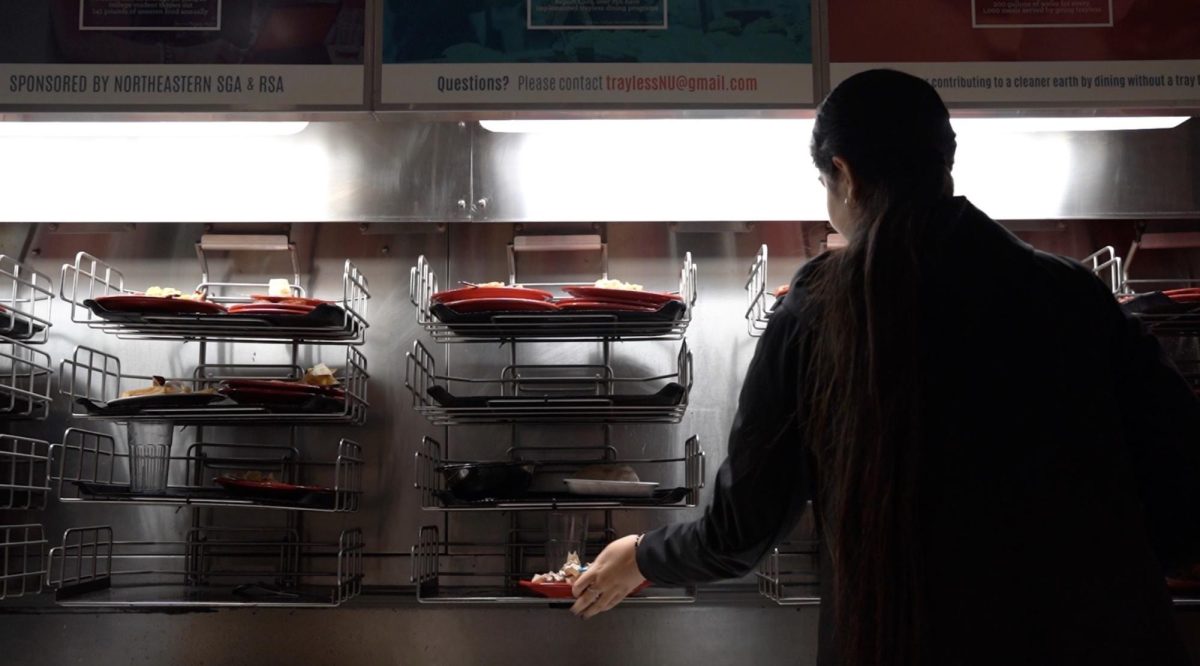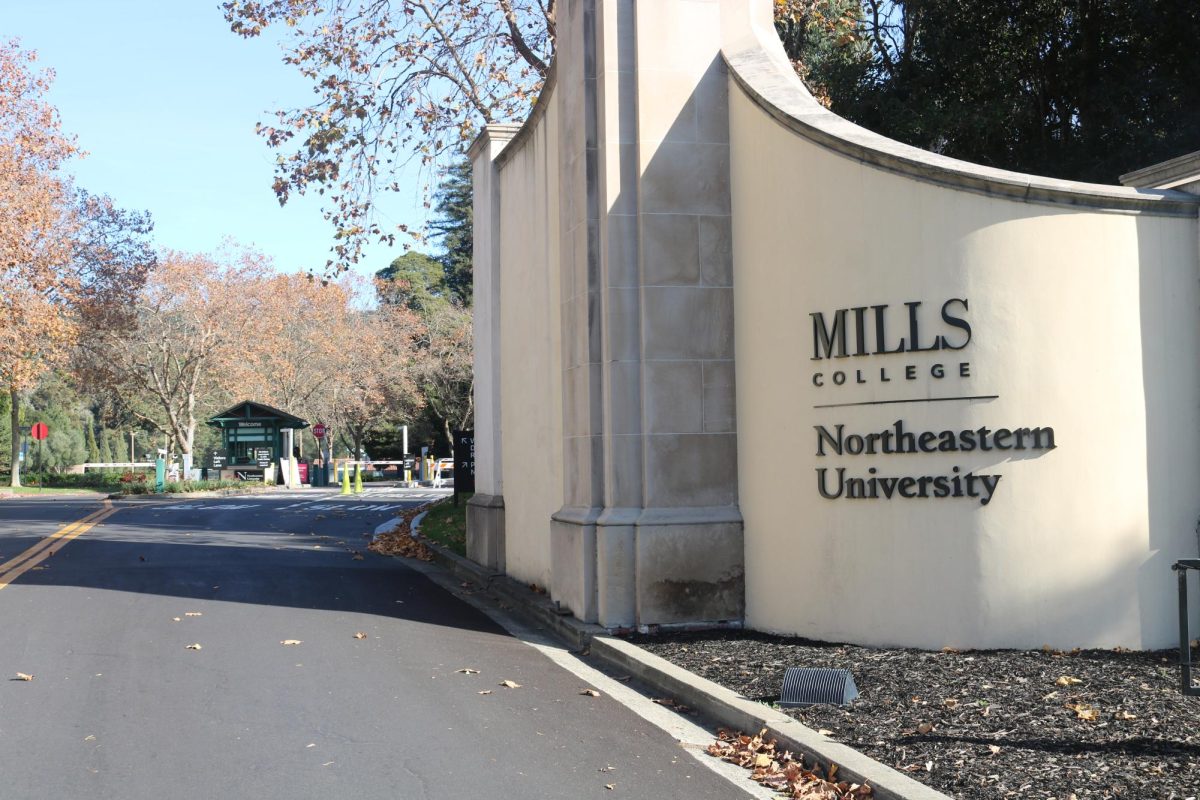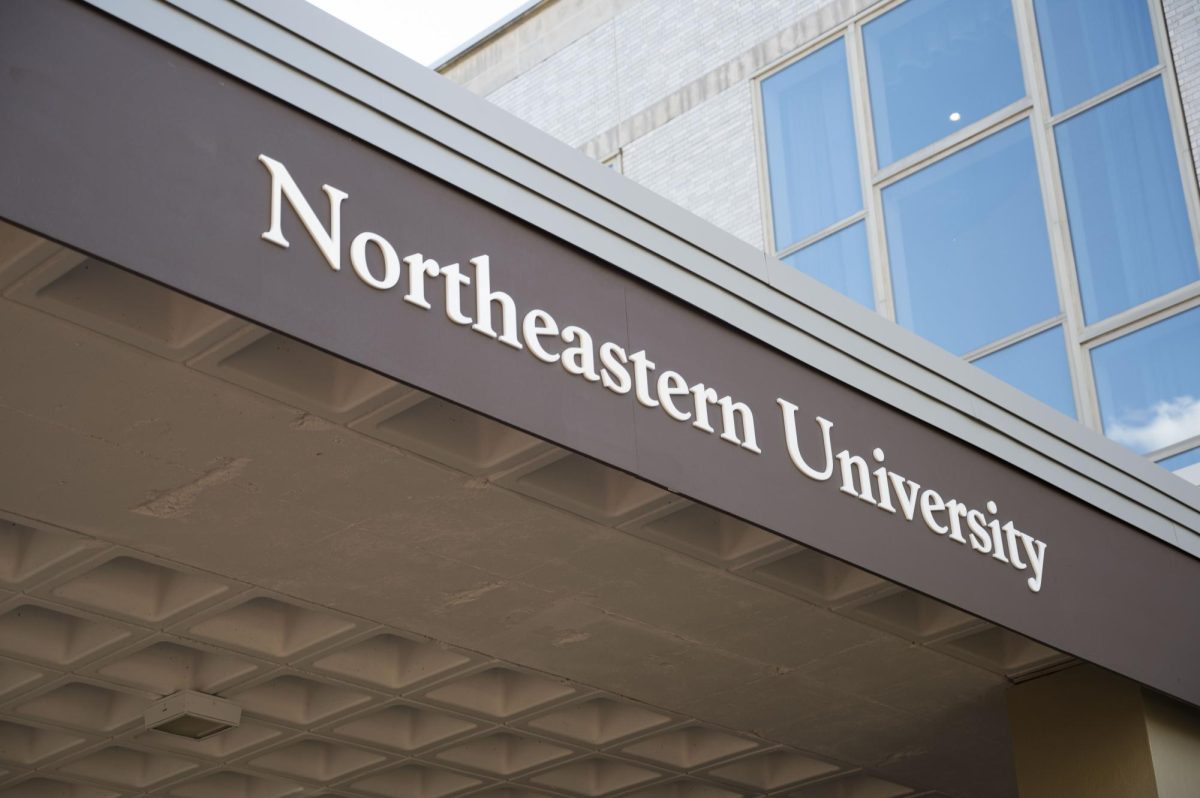By Stephanie Vosk
With Northeastern gearing up for semester conversion in the fall, the honors program is tweaking, planning and regrouping in order to improve as well as enhance the student experience.
The program, under the direction of Professor John Portz, plans to develop more classes, enhance its curriculum and eventually find a new home for its students.
The university is also planning to abolish the free overload policy which allows honors students to take an extra course for free each quarter as long as they are enrolled in an honors course at the time.
“The resources of the program are better put to trying to strengthen the curriculum as opposed to encouraging students to actually take more courses and kind of stretch themselves thinner and thinner during a particular quarter,” Portz said.
This change, however, will follow the grandfather clause and will only affect students admitted to the honors program beginning fall 2003.
“Some of the curriculum things will start to be talked about now, but we may not implement them until the second year of the semesters when the calendar has settled down and we have a sense of how the longer terms allow for curriculum changes,” he said.
The honors program will raise the minimum quality point average (QPA) for student eligibility to a 3.4, and students must maintain this average once they enter the program, whereas a 3.25 is currently required. This change went into effect this past fall. If honors students fall below a 3.4 average, then the students will have two semesters to raise it to the standard, according to the Office of Semester Conversion.
In addition to regular honors classes and adjuncts, Portz plans to introduce honors seminars, which will be targeted to sophomores and middlers.
“We’ve identified several themes that we’re encouraging faculty to develop them under the urban experience, research and inquiry and then kind of broader contemporary topics,” Portz said.
While the seminars will begin trial runs in spring 2003, another program that could possibly be in the works for the next couple of years is to implement two-credit honors discussion groups, which will cover whole subject areas, rather than just a particular topic.
“It would be different projects and experiences that are related to that particular discipline,” Portz said.
Also in the works, upon the completion of West Campus building F, is a new home for the honors program. While nothing is confirmed, “we’ve been told we’re in line,” said Associate Director of the Honors Program Faith Crisley.
Like many programs throughout the university, the honors program is unsure of exactly what to expect when the semester conversion is finalized.
“Right now, just like all the other academic departments, we’re really involved with the transition, advising for the semesters,” Crisley said.








